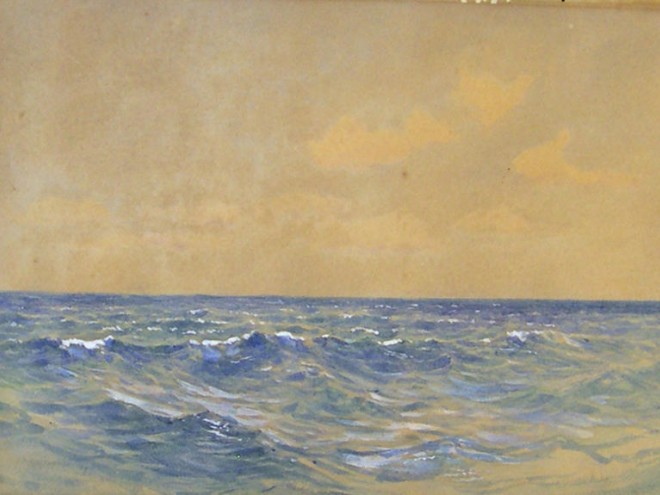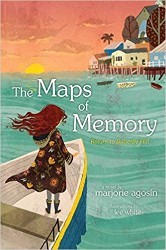Falling in love — whether with a person or a city — is an experience that is almost impossible to convey to others. Yet that is precisely what the author of this slim text attempts to do. Written in poetry and prose, The Guardian of Memory is “a fluid biography” of both Venice and Aldo Izzo, the man whom she believes embodies the city’s history. On a deeper level, it is also a meditation on time, memory, and the complex history of the Jews, especially in Italy.
Marjorie Agosin is a poet and professor who was named writer-in-residence in Beit Venezia in 2019. Back in the US during the pandemic, she reflected on her feelings for Venice and Izzo, with whom she continued to correspond by email. During a post-Covid visit to the city, her love only deepened and expanded.
Agosin succeeds in capturing the ineffable pleasures of Venice as well as the charm and gravitas of Izzo. One may wish she had provided a bit more historical information about her main character, whose aging visage — beautifully photographed in black and white by Samuel Shats — conveys an immense dignity.
Aldo Izzo is a unique figure, already commemorated by Ruth Ellen Gruber in the documentary Aldo’s Stones. He was born in Venice in 1930 to a Jewish mother and non-Jewish father. Mussolini’s fascism forced his family to take refuge in Denmark during the early years of the war. They then had no choice but to return and face Italy’s racial laws. He and his brother hid in his high school teacher’s basement for more than a year. After the war, he left Italy for thirty-seven years, touring the world as a ship captain. Upon his retirement, he and his wife moved to the Lido, where he was raised, and where his second career began.
Although Izzo calls himself “a Jew without a country,” he has in fact come to embody Venice and its history. For over thirty years, he has presided over Venice’s ancient cemetery in the Lido, whose first stones were laid in 1386. He took it upon himself to assume this role, repairing and restoring the cemetery, leading visitors through its headstones, and reflecting on the stories of its persecuted people. In the process, he has become what Agosin calls “the guardian of memory,” as well as her “key to understanding Venice.”
As is the case for so many love affairs, Agosin’s long-distance relationship with the objects of her affection only increased her passion. The result is this lovely book — a tribute to her skills and the many charms of Jewish Venice.
Eleanor Foa is an author, journalist, and corporate writer. Her memoir MIXED MESSAGES: Reflections on an Italian Jewish Family and Exile was published in November 2019. Her work appears in national newspapers, magazines and websites. She is the author of Whither Thou Goest and In Good Company, President of Eleanor Foa Associates (eleanorfoa.com), past president of the American Society of Journalists and Authors, and received literary residencies at Yaddo and the Virginia Center for the Creative Arts.





